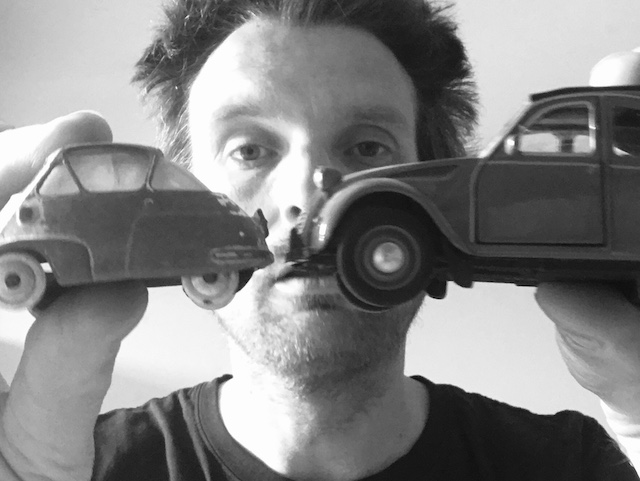Deleting apps and leaving your phone at home could be analogous to dismantling urban highways.
I read earlier this week about the research that established a direct link between building more roads and the level of traffic in a system. The researches established a directly proportional link. Increase road capacity by 10% and traffic increases by 10%. The causal link is that when you increase road capacity, you make it easier for more people to make more journeys. And so more people drive until the new road reaches capacity. At which point the traffic stops growing until new roads are built.
When I went to San Francisco in 2017 I saw for myself the neighbourhood in which an overhead freeway had been taken down and replaced with a park. The city planners, aware of this research, decided they could remove an ugly, damaging, inner-city expressway and the traffic would simply reduce.
And what has come in its place? Congestion elsewhere? Gridlock? No. Actually a neighbourhood in which the air is cleaner, there are new parks and shared community spaces. Shops opening up. More people spending time in the streets. Safer spaces for cycling. All of these are things which you might have thought would not be possible when you looked at a multilane highway choked with traffic.
This morning I was wondering if this question of supply and demand applies also to the way in which we have access to more and more services via our mobile devices. The more things I can do on my phone, the more I think I should be doing, and so the more time I spend on it.
With traffic there is a physical limit to how many cars you can fit on the road. But with your to-do list, there is no physical limit and there is the additional, potentially endless, human ability to worry about things – in this case worrying about not getting done all the things that it would not have been possible to do in the first place.
I am sure that, like for cars on roads, the system overwhelm that comes from having too many opportunities to do things can be reduced by making it harder to do all the things we can do in an instant on our digital devices. There are lots of ways to achieve this.
- If you have devices that you only use at home, delete apps and services from your mobile devices so that you don’t always have the with you.
- If you have just one digital device, delete apps and use the web-based versions of services.
- Leave your device at home or in another room.
- Get into the habit of doing thing without using your phone – see Analogue Skills 001 – Buy train tickets in person.
All of these actions are analogous to road-narrowing. Limit the flow to reduce demand. And what do we create: not a deficit, but new space. Time to think, time to notice things, time to talk to people, time to wonder, time to be still. Like the traffic, I think all that other stuff will somehow go away.


Tristan H
Life is what happens while you’re making other plans… scrolling through apps on your phone
The reminder I needed to cull those useless, time-killing apps from my phone and never stop “looking up”